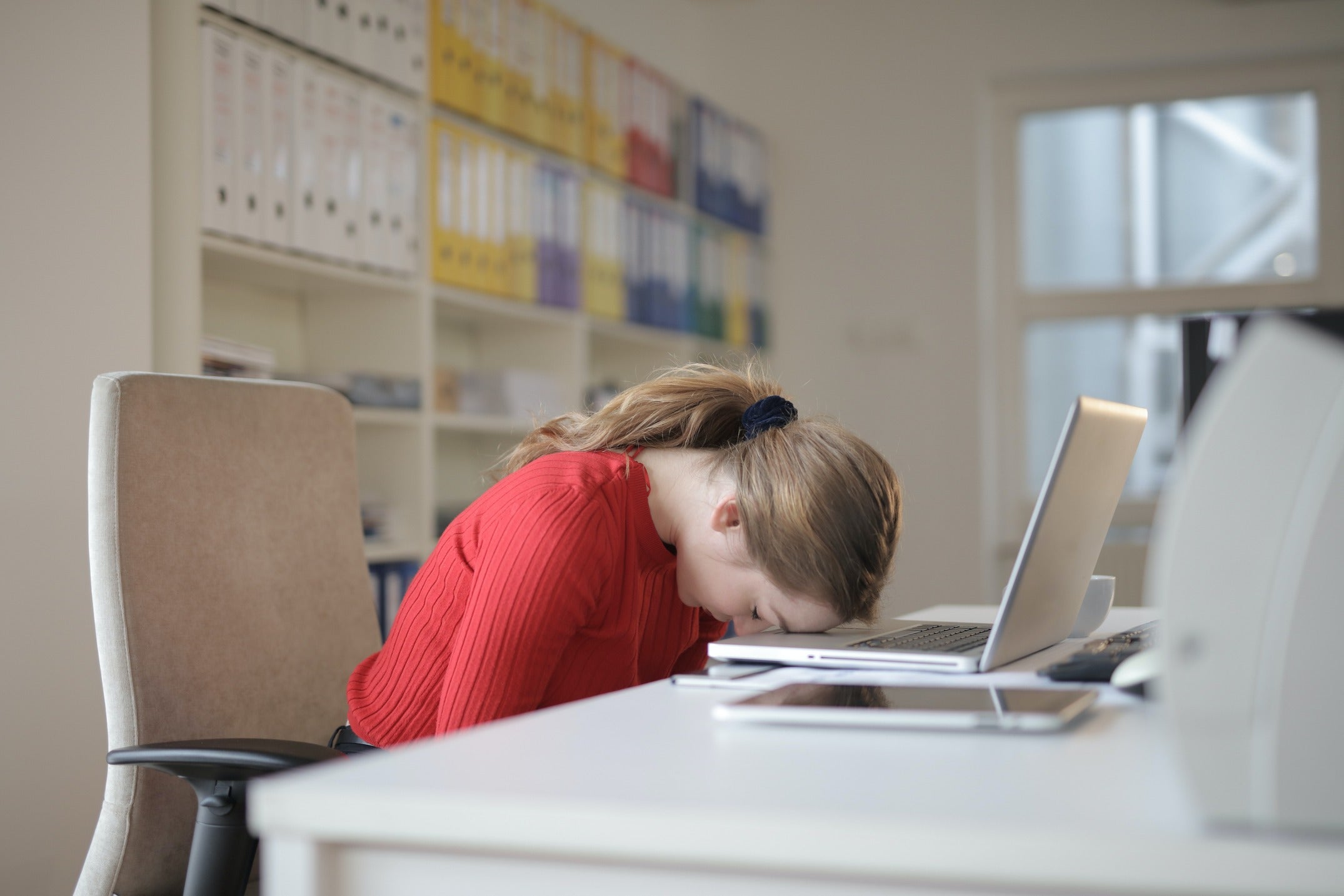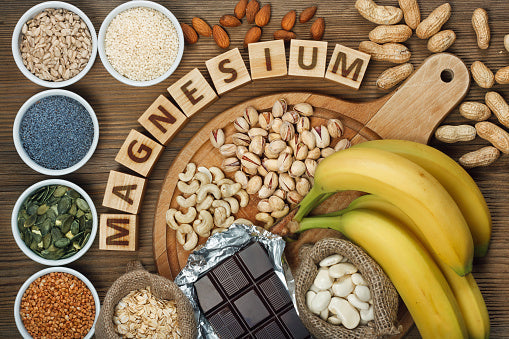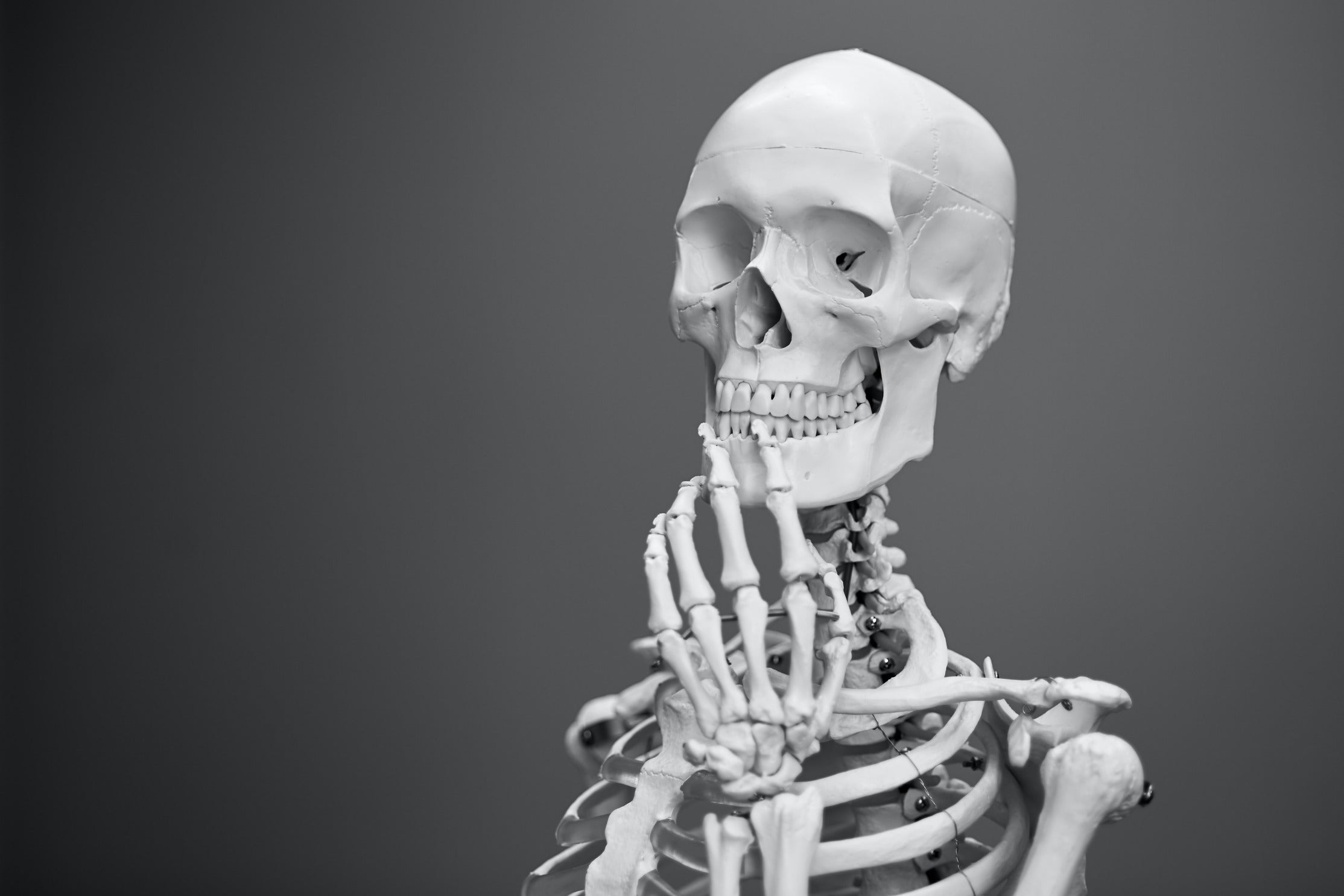
Sleep Spells: Your Guide to Sound Sleep
We’ve all been there: it’s Monday morning and the alarm’s blaring, the sun is shining and your responsibilities are waiting for you to wake up and face them. Almost cruelly so, your bed has never felt more inviting and comfortable than at that very moment. And so a challenge is put forth: leave the warmth and safety of your bed, or face the consequences of ignoring your responsibilities. And a shower of curses rains down upon your past self, who – for some absurd reason that made perfect sense at the time – thought it would be a good idea to stay up late into the night.
You’re late to your class or workplace, and you find it increasingly difficult to focus on anything you’re supposed to do. You might chug a couple of mugs of coffee or tea – only worsening the situation. Now you’re jittery, jumpy, and anxious. Then comes the energy crash. You’re back to where you started. Actually, you feel even more tired somehow. You can’t wait until you get back home and have a good night’s sleep, but the exhaustion has seeped in and you can’t exactly fall asleep. Ugh, tomorrow will be the same.
But what if it didn’t have to be?
It’s not really news that human beings need sleep. Our days are divided into daytime and nighttime and we’ve built our lives around one core agreement: sleep at night, function during the day. But some night owls prefer turning that agreement on its head and stay active long into the night, for a variety of reasons like late-night work shifts, the perception of more quiet time, increased feelings of privacy, or the illusion of improved focus at night. Although, the improved focus is probably caused by other environmental factors and is not affected by the fact that the sun has gone down.
And in some cases, you don’t have a choice: Insomnia is a common sleep disorder that makes it difficult to fall or stay asleep, even if you try. This disorder can be short-term and temporary, while others suffer from long-term or chronic insomnia which is usually caused by stress, and is linked with an increased risk of depression, anxiety, impaired social life, higher chances of road accidents, and immune system dysfunction.
We’ve all been there, from staying up late to sleeping very little and regretting it the next day. There is tons of evidence to suggest that insufficient sleep affects human functioning in detrimental ways. Numerous studies show that lack of sleep increases impulsiveness, anxiety and stress, anger, impairs cognitive function, and reduces decision-making abilities. (1) Long-term sleep deprivation is linked to multiple chronic health issues like obesity, heart disease, depression, and increases your chance of having a stroke. Lack of sleep is growing concerningly more common, leading to the question: What can we do to get a good night of restful sleep?

Here are some tips to improve your sleep:
- Practice Sleep Hygiene: Sleep hygiene refers to having habits and environments that promote sleep. The best way to sleep is subjective, so to create a sleep hygiene routine that works for you, consider these 4 elements of sleep hygiene – the Quality, Duration, Continuity, and Regularity of your sleep pattern. The ideal sleep cycle is 7-8 hours of uninterrupted sleep that leaves you feeling rested when you wake up. You can read this article on how to optimize your sleep for effective sleep hygiene.
- Make a daily routine that includes habits such as not using digital devices up to an hour before bed, and having a bedroom environment that supports sleep, such as dim lights, clean and comfortable bedding, or putting on some low-volume relaxing music to sleep, if you can sleep through sounds.
- Fix Your Sleep Schedule: Sleeping late, even when you have to wake up early, is one of the biggest reasons for sleep deprivation. We recommend fixing your sleep schedule by setting a healthy bedtime that enables you to get enough sleep. Start sleeping at this time, and if it is too difficult, set a maximum limit of staying awake 1 hour past this bed time, which you reduce as you go.
- Your ‘circadian rhythm’ is an internal process that controls the sleep-wake cycle of your body. Sleeping before 11 P.M. regulates this rhythm and can help you wake up early after a good night’s rest. You can regulate your circadian rhythm by controlling the times when and for what duration you are exposed to bright lights. You can read more about it here.
- The type of light you’re exposed to matters as well. It’s recommended to avoid blue and white artificial lights especially before bedtime, and to opt for red or yellow lights instead.
- Cut off Caffeine: Caffeine is one of the biggest inhibitors of sleep. Adenosine is a neurotransmitter responsible for sleepiness, but caffeine directly blocks adenosine from reaching the brain’s receptors, causing you to stay awake longer.
- Consider completely removing caffeine from your diet, or reducing the amount consumed. Some people find it useful to stop drinking coffee after certain times, like after 1 P.M.
- Stay Active: Being active throughout the day, enough to be tired at night such that you can easily fall asleep is crucial. A day spent in lethargy will lead to untimely naps and unused energy that will interfere with good quality, restful sleep. If you can’t maintain a very active lifestyle due to any reason, even 10-15 minutes of yoga, pilates, stretching, or walking around can work wonders. Don’t remain seated for long periods of time at a stretch, if possible. Engage yourself physically and mentally.
- Meditate: Stress and anxiety can cause you to be awake at night, leading to a perpetual cycle of sleep deprivation that, in turn, increases your stress. Learning to manage your stress is important, and meditation is one of the best ways to reduce anxiety and lead a calmer daily life. Practicing mindfulness and meditation can aid sleep by relaxing your body and mind naturally, without external interference. We highly recommend trying it!
- Eat Right to Sleep Right: Lack of sleep can sometimes be attributed to the lack of magnesium and other key nutrients, or the excessive consumption of carbohydrates and sugars. You can make up for this absence and sleep better by eating the right kinds of foods that promote sleepiness. These are a few foods that help you sleep:
- Fatty fish which are rich in Omega-3 Fatty Acids and melatonin
- Bananas loaded with magnesium, tryptophan, and potassium
- Dark chocolate also contains tryptophan, which helps to sleep well. Opt for sugar-free or low-sugar dark chocolate as a solution for midnight munchies, rather than unhelpful crisps or chips.
- Free range, whole eggs are one of the best dietary sources of melatonin which has been shown to support sleep.
- Supplements: Getting all the right food isn’t always feasible for a variety of reasons, so we suggest trying dietary supplements to make up for the nutrients that you can’t naturally bring into your diet. Addressing any deficiencies in nutrients required in the serotonin-melatonin synthesis pathway is important to help with sleep. These include Magnesium, Vitamin B6, Vitamin D, and omega-3 fatty acids.
Among targeted supplements that directly induce sleep, there are many natural options such as melatonin, Theanine, CBD, etc. But most of these can be habit-forming and thus should not be used daily.
Magnesium Bisglycinate, however, is one supplement that aids sleep very efficiently and can(and should) also be taken everyday to enhance sleep. We say it should be taken everyday because the vast majority of the population is magnesium-deficient and supplementation is necessary.
We advise that you check the supplement for the recommended dosage, and never take more than the recommended amount for supplements. Consult a health professional in case of pregnant or breastfeeding women.
Changing your habits for the better can be extremely difficult, but it is important that you get started. Following these sleep health tips, you can begin a journey towards a flourishing, healthier self that is no longer fatigued and prey to sleep deprivation!
—---------------
Other references:
https://indianexpress.com/article/lifestyle/health/magnesium-deficiency-symptoms-effects-2755529/
#Ithrive #Ithriveessentials #ithriveshop



Leave a comment
This site is protected by hCaptcha and the hCaptcha Privacy Policy and Terms of Service apply.